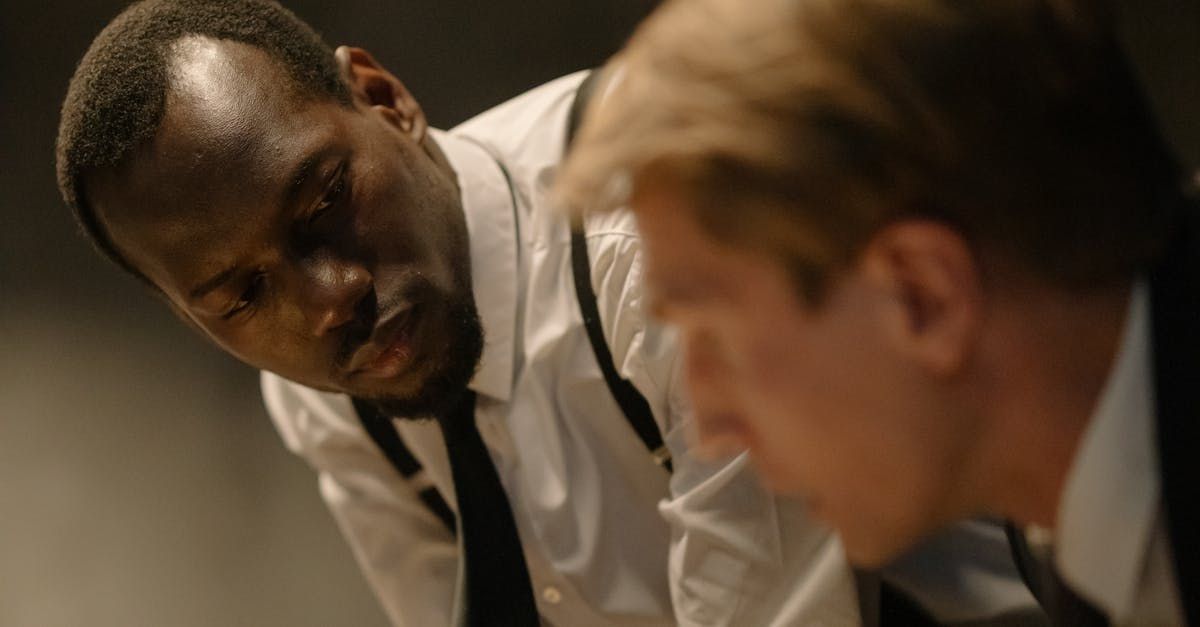A detective wants to talk to me? Why shouldn’t I just tell him “my side of the story?”
"You never see a fish mounted on the wall with its mouth shut"

If a detective wants to talk to you about an accusation, it's essential to approach the situation with caution and understand your rights and potential risks. Here are some reasons why you should never speak to the detective without first consulting an attorney:
1. You have the right to remain silent: In the United States, you have the constitutional right to remain silent under the Fifth Amendment. Anything you say to a detective during an interrogation can be used against you in court. It's important to be aware of this right and to exercise it if you believe that what you say could potentially incriminate you.
2. Misunderstandings and misstatements: People can inadvertently make statements that are inaccurate or may be misinterpreted during police interviews. What you say can be taken out of context, and even well-intentioned explanations can be used against you.
3. Lack of legal representation: When you speak to a detective without an attorney present, you may not fully understand the legal implications of your statements, and you may not be aware of your rights. An attorney can help protect your interests, advise you on what to say, and ensure that your rights are not violated.
4. The detective's role: Detectives are trained to gather evidence, and their primary goal is almost always be to build a case against a suspect. They are not there to act as your advocate or to ensure your rights are protected. Their questions may be designed to elicit incriminating information.
5. Risk of self-incrimination: Even if you believe you are innocent, it's possible to say something that inadvertently makes you appear guilty or provides the police with information that strengthens their case. It's often advisable to discuss the situation with an attorney first to strategize about the best way to present your side of the story.
6. Legal advice: An attorney can provide guidance on how to handle the situation, whether it's through a formal interview, a written statement, or not speaking to the detective at all. They can help you navigate the legal process and protect your rights.
If you are contacted by a detective, politely and respectfully decline to answer questions until you have had a chance to consult with an attorney. You can say something like, "I want to cooperate, but I'd like to speak with my attorney first." An attorney can help you make an informed decision about how to proceed and can ensure that your rights are protected throughout the process.

